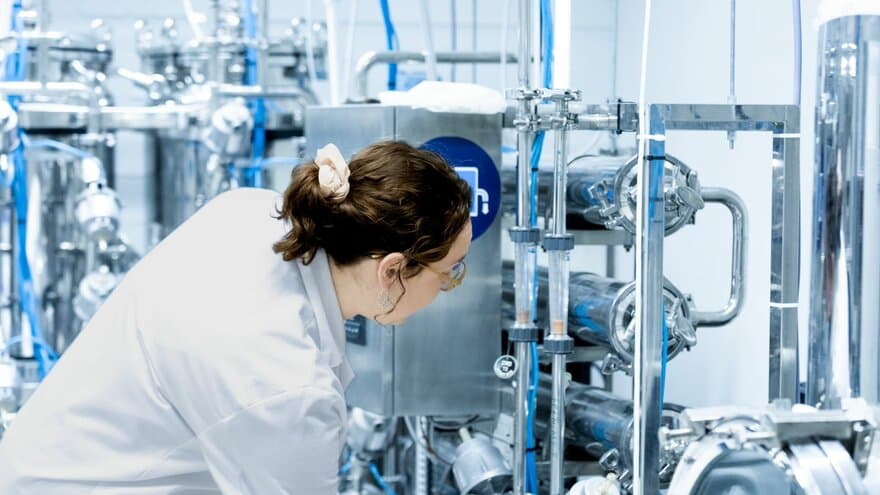About the Water Treatment group
The Process Technology and Data Science in Water Treatment group believes that data science can revolutionise water technology research and practice.
We explore the benefits of data science for water quality assessment, control of water treatment processes, and engineering of water systems.
In our research, we extract meaningful insights from big data applying those towards improving water quality monitoring, control of treatment processes, and the innovative engineering of water treatment systems.
Our mission is to resolve global water-related challenges, safeguarding human health and preserving our environment.
Research areas
The Water Harmony network
Research projects
PhD theses
Group members
